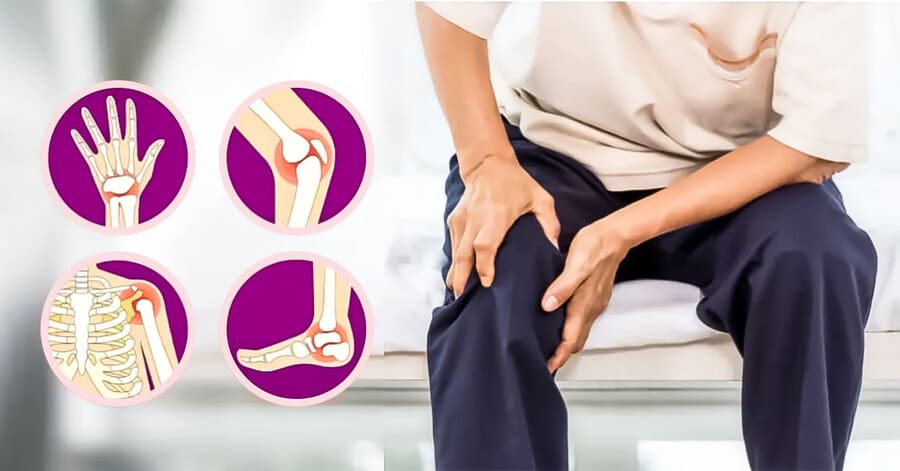What is Arthritis?
Arthritis is a joint disease that causes inflammation and damage to the joints. Joints are structures that connect two or more bones, enabling movement in our bodies. It can lead to arthritis joint pain, swelling, stiffness, and limited functionality.Arthritis can affect people of any age, but it is more common in older individuals. It can occur as a standalone condition or as a symptom or complication of other diseases.
Medications therapy:
Nonsteroidal anti-inflammatory drugs (NSAIDs) are often used to reduce arthritis joint pain and inflammation in arthritis. Other medications, such as disease-modifying antirheumatic drugs (DMARDs) and corticosteroids, may be prescribed to manage symptoms and slow disease progression in certain types of arthritis.
Physical Therapy:
Physical therapy plays a crucial role in managing arthritis symptoms. It involves targeted exercises to strengthen the muscles around the affected joints, improve flexibility, and enhance overall mobility. Physical therapists may also provide guidance on joint protection techniques.
Lifestyle Modifications:
Making certain lifestyle changes can help alleviate arthritis symptoms. These include maintaining a healthy weight, engaging in regular low-impact exercises like swimming or cycling, and practicing stress management techniques. Additionally, using assistive devices such as braces or canes can provide support and reduce joint strain.
Surgery:
For severe cases of arthritis that do not respond to conservative treatments, surgical interventions may be considered. Joint replacement surgery, such as hip or knee replacement, can provide long-term relief from arthritis joint pain and improve joint function.
Conclusion:
Arthritis is a complex condition that requires a comprehensive approach to management. While there is no cure, various treatment options, including medications, physical therapy, lifestyle modifications and surgery, can help alleviate symptoms and improve the quality of life for individuals living with arthritis. It is important to work closely with healthcare professionals to develop a personalized treatment plan based on the specific type and severity of arthritis.

